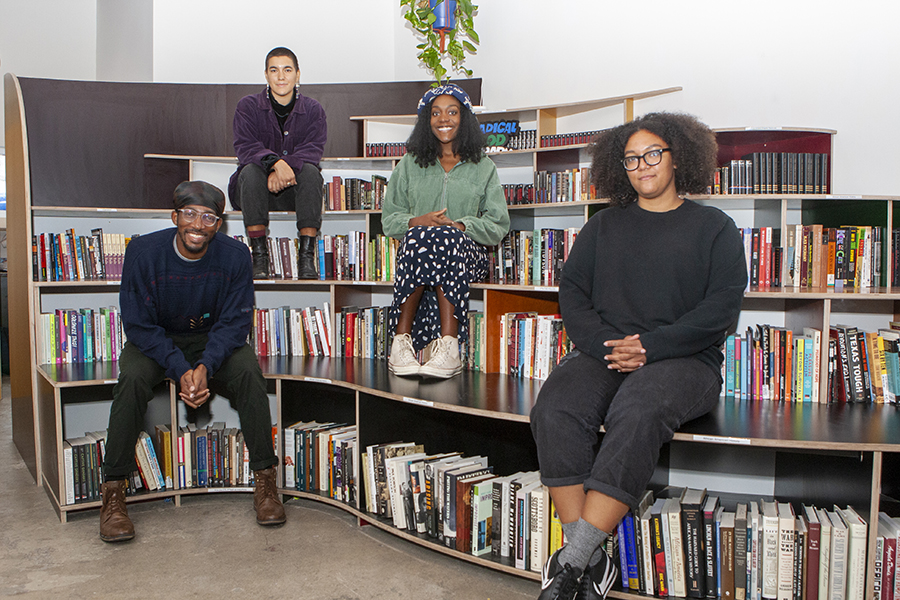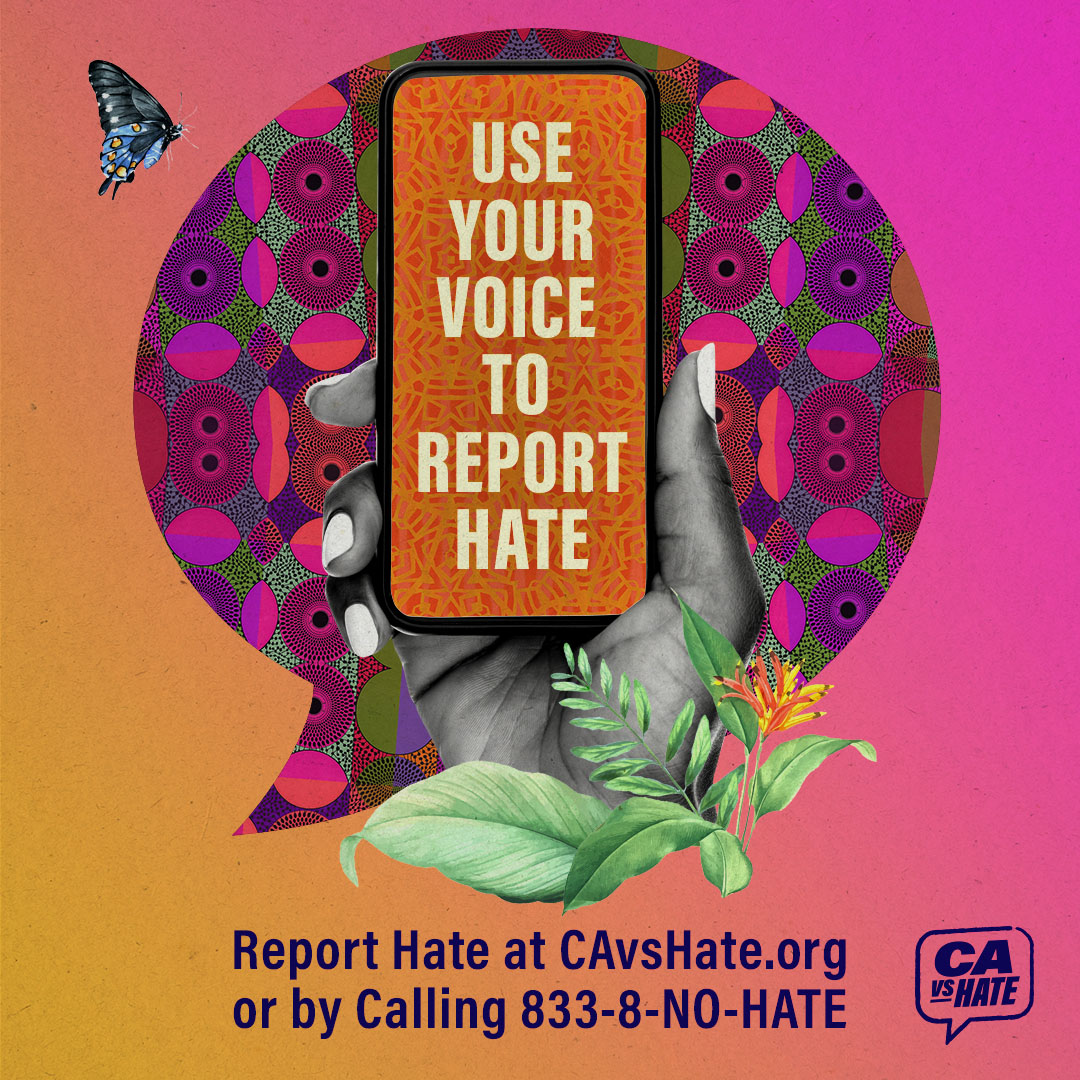The library on Jefferson Boulevard just west of Arlington Avenue features books by radical Black, Brown, and Indigenous authors.
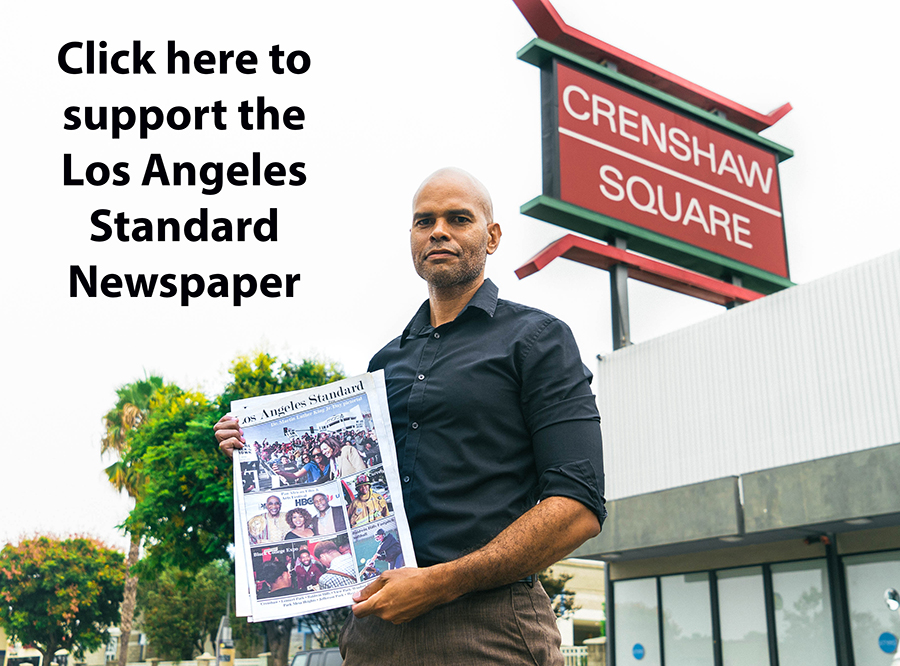
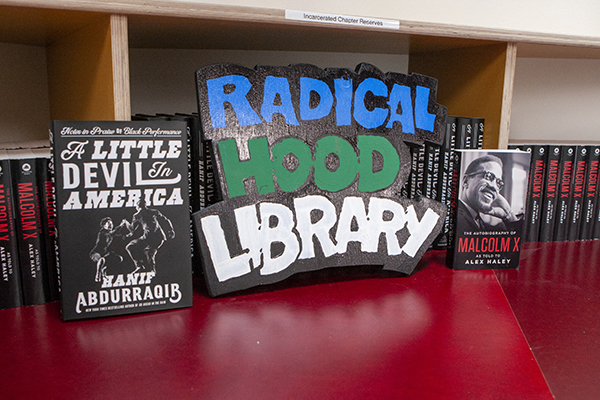
By Megan Reed
The national Noname Book Club was created by the rapper Fatimah Warner, who’s stage name is Noname, to help people, including herself, understand the complex works of radical authors.
“I wanted to find a community of people that I could read with,” she said. “I was sort of becoming politicalized, radicalized, through different situations that were happening online. I was learning a lot of things. It was very important for me to learn in a community because I am not great at reading. So I wanted to have a group of people to bounce ideas off of and communicate. I was trying to read a lot of challenging, dense, theoretical work. But I struggled to get through that stuff by myself.”
After creating the book club two years ago, it has grown to 11 chapters in the United States and one in London. Warner has partnered with Natalie Matos, Sage, and Michael Anderson to open the Radical Hood Library in Jefferson Park.
Anderson first joined the book club before partnering with Warner, Sage, and Matos to open the library, and he appreciated the way that the club created a learning environment.
“Other book clubs aren’t really vulnerable in the way that Noname Book Club allows people to be vulnerable about gaps in people’s knowledge,” he said. “So it’s literally public learning in the most organic sense.
“Reading widely allows you to different analyses and conclusions. It allows you to question your ethics and your principles. This library is so important because there’s a certain analysis that is reached.”
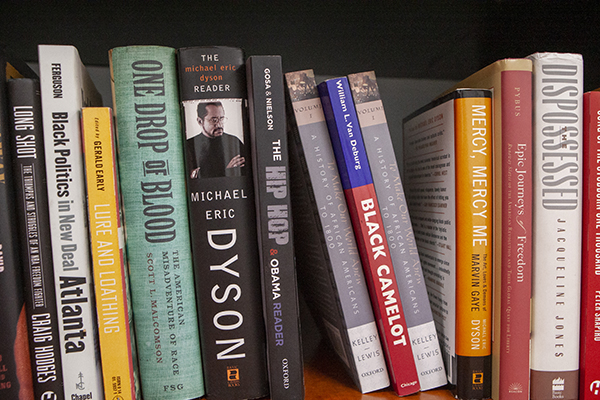
The book club also challenges people’s own beliefs, and helps them see political and social issues from a different perspective.
“I think it’s humbling, because sometimes we exist in a world that validates ourselves and our thoughts,” Matos said. “But seeing our own thoughts challenged, and having the space for challenging yourself, it’s really nice to be around people who generally believe some stuff that you do, and they are still able to pose some questions and help you challenge yourself.”
This library has a wide variety of political books that were written by authors who were fighting against racial oppression.
“They always say that history is written by the winners, but we know that history is written by the colonizers,” Sage said. “The point of this library and the focus on Black, Indigenous, and Brown text is so that we can read history as it was experienced by our ancestors. It’s just having our perspectives, our stories, and our faces.”
Financial barriers have been removed so that everybody can have access to the knowledge that is in this library. People can simply signup for a library card and check the books out for free.
“One thing about this space that is very important is to make sure that everything is accessible for free, and primarily have radical titles,” Warner said. “My mother owned a book store, and I love Black-owned bookstores. But what becomes difficult is when you are put in a position where you are a store and you do have to pay your rent, unfortunately sometimes you’re forced to sell more of a specific type of genre, and usually the radical section is small because it’s not popular in terms of what the consumer typically wants. So we had a really dope opportunity to have this whole entire library be radical and revolutionary in terms of the content.”
The book club has chapters in prisons, and they sent out over 700 books last month to people who are incarcerated. The prisoners are able to send their responses of the featured book to the clubs on a monthly basis, and vice versa.
“It was important to reach as many people as possible,” Warner said. “There’s millions of us, specifically Black people, who are incarcerated. So I wanted to launch prison chapters.”
Jefferson Park was an ideal location for this library because it is a predominantly Black and Latino neighborhood, and many people in these areas have been involved in protests and civil uprisings for years in Los Angeles.
“I’m personally interested in revolution,” Warner said. “I’m interested in what it looks like to organize alongside my community for the purposes of freedom and liberation. Even when we have libraries in our community, they don’t center around revolution, so I thought that we should have these type of books in the hood, and they should be free.”
While the library has many political books, it also has novels and a children’s section that is very popular.
“I think that we should always remember that kids are way more capable of absorbing content,” Matos said. “And abolitionist children’s books are not saying, ‘Seize the means of production, and go out in the streets and fight.’ But it’s saying that things are messed up. You have a parent that’s in prison and there’s a whole system that makes sure that is the case.”
The Radical Hood Library is located at 2304 Jefferson Blvd. For more information about the library and the book club, visit www.nonamebooks.com, and follow them on social media.


